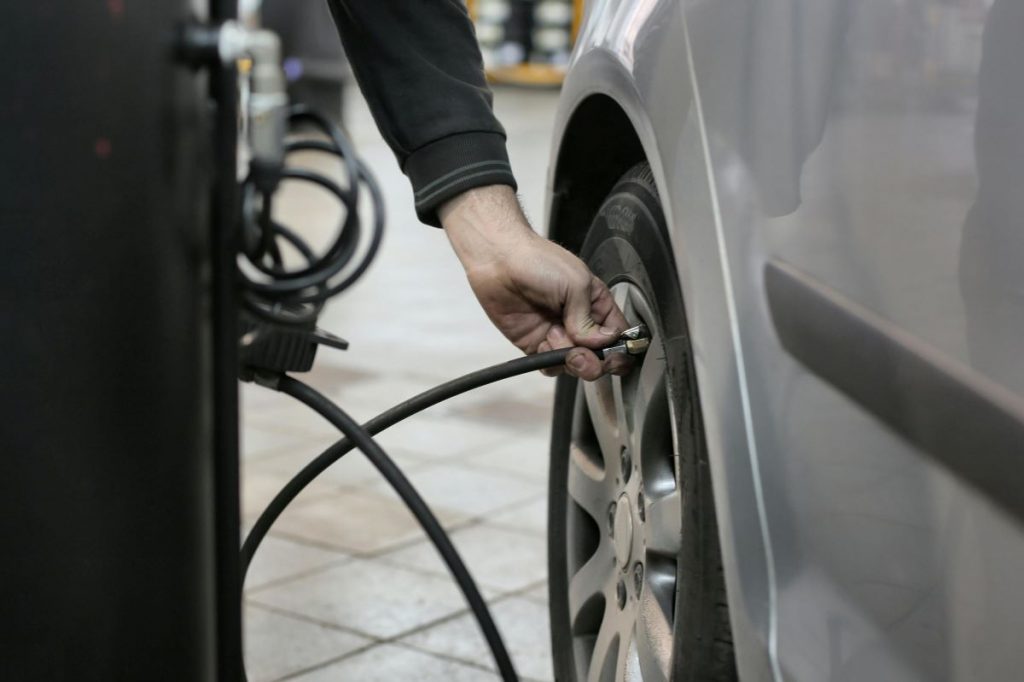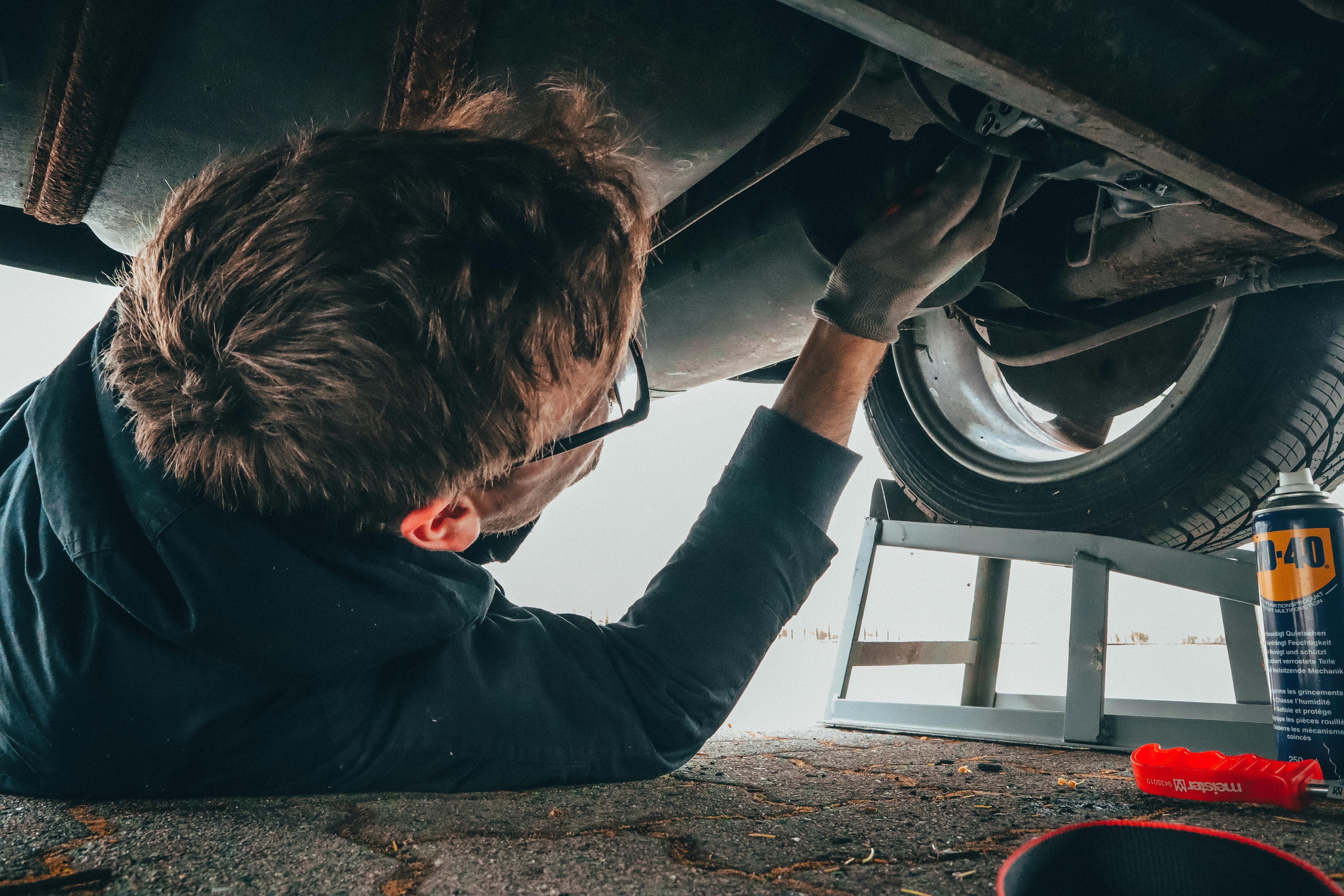Whether you commute daily, take the occasional road trip, or you just run around your local area, your car’s tyres do a lot more than just get you from A to B. They’re the only part of your car that touches the road, so keeping them in good condition is crucial for both safety and performance. On average, most car tyres last between 20,000 and 30,000 miles, although this can vary based on the type of tyre, your driving habits, and how well they’re looked after. Some premium or all-season tyres can go well beyond that – even up to 40,000 miles – while softer performance tyres may wear out more quickly, sometimes in as little as 15,000 miles.


What Causes Tyres to Wear Out Faster?
There are a few key culprits:
- Incorrect tyre pressure – under or overinflated tyres wear unevenly.
- Poor wheel alignment – can cause tyres to scrub or wear out on one side.
- Driving style – heavy braking, fast cornering and high-speed driving all take a toll.
- Road conditions – potholes, speed bumps and rough surfaces accelerate wear.
- Neglecting rotation – tyres wear differently depending on their position on the car.
5 Proven Tips to Make Your Tyres Last Longer
Here’s how to get more mileage (literally) out of your tyres:
1. Check Your Tyre Pressure Monthly: Under-inflated tyres can wear out up to 25% faster. Always check when tyres are cold, and use the pressure guide in your car’s handbook or door frame.
2. Book in for Wheel Alignment: Even slight misalignment can chew through a new set of tyres. If your steering feels off-centre or the car pulls to one side, it’s definitely time to get it checked. We offer fast, accurate tracking checks right here at FRM Automotive in Peterborough.
3. Rotate Your Tyres Regularly: Most manufacturers recommend rotating tyres every 6,000 to 8,000 miles to even out wear patterns. If you don’t, front tyres often wear faster.
4. Balance Your Wheels: Unbalanced wheels can lead to uneven tread wear and uncomfortable vibrations at higher speeds. It’s a small job, but makes a big difference over time.
5. Drive Smoothly: Rapid acceleration, late braking, and sharp turns might feel fun – but they’re tyre killers. Smoother driving saves fuel and rubber.
When to Replace Your Tyres
The legal minimum tread depth is 1.6mm in the UK, but we would recommend changing your tyres once they’re down to around 3mm,especially if you often drive in wet or slippery conditions. Worn-out tyres have less grip and take longer to stop, which could put you and others at risk.
You should also consider replacing your tyres if you spot any cracks, bulges, or cuts on the sidewall, or if they’re more than six years old, even if the tread still looks decent. Age and weather exposure can harden the rubber, making it less effective and more prone to failure.
Get Your Tyres Checked Today
If you’re not sure how much life your tyres have left, or you simply want peace of mind, we’d love to help! We offer tyre inspections which check the tread, pressure, and condition of each tyre, and we will let you know whether they’re safe to keep or ready to be replaced. Additionally, we offer a wide range of new tyres to suit every budget, as well as wheel alignment, balancing, and fitting services all in-house. To get booked in, please give us a call today on 01733 333838, or you can complete our online enquiry form and we’ll get back to you as soon as possible.

